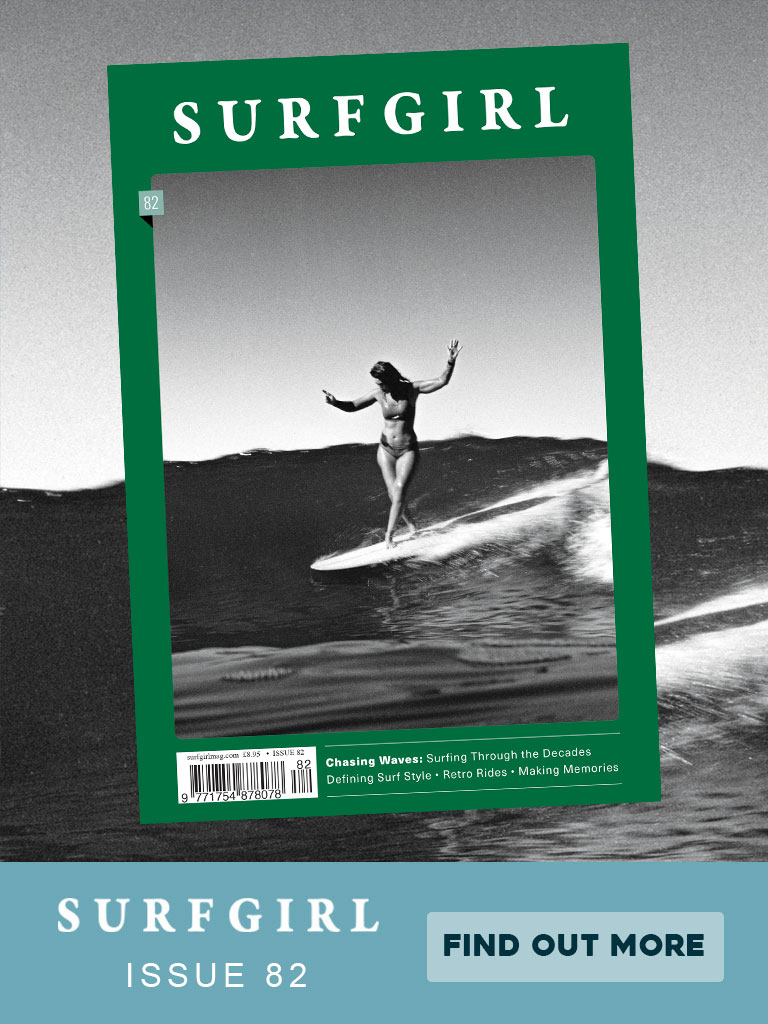
Campaign group City to Sea have launched their latest film on plastic pollution, this time focusing on the vast amount of waste being generated from disposable menstrual products, specifically those being flushed into the UK’s sewer network.
- THE AVERAGE DISPOSABLE MENSTRUAL PAD CONTAINS AS MUCH PLASTIC AS FOUR CARRIER BAGS
- EVERY DAY THE UK FLUSHES 1.4 MILLION PADS AND 2.5 MILLION TAMPONS
- UK SEWERS UNDER STRAIN FROM INCORRECTLY DISPOSED MENSTRUAL PRODUCTS
- CAMPAIGN GROUP TAKE A PRO-ACTIVE APPROACH TO NORMALISING MENSTRUATION BY DITCHING A NEGATIVE EUPHEMISM
The film aims to raise awareness of correct disposal methods, while educating viewers on the amount of ‘hidden’ plastic in disposable menstrual products. City to Sea recommends trying reusable menstrual products like menstrual cups or cloth pads instead, or swapping to plastic-free disposables.
The Environmental Scientist estimates that about 700,000 panty liners, 2.5 million tampons and 1.4 million disposable pads are flushed via UK toilets every day. This, along with the volume of wet wipes being flushed, creates a strain on the UK sewer system and results in other flushed plastic overflowing into rivers and seas.

People are totally shocked to discover their pads and tampons have plastic in them … and many don’t realise they shouldn’t be flushed. We wanted to champion the rise of resuables as the best way to stop plastic pollution from our periods at source!
The campaign group made the decision not to use the word ‘sanitary’ in the film to promote a language shift that is starting to emerge when talking about periods. It is the first campaign to do so, and experts believe others should follow suit.
#periodpositive founder and menstruation education researcher, Chella Quint says, “The word ‘sanitary’ has been used by major multinational corporations for decades – some of the first ads for pads and tampons used this euphemism to promote their products and ‘save’ us from being ‘unsanitary’. It’s an echo of attitudes that are already starting to change in a big way. Continuing to refer to menstrual products ‘sanitary products’ subtly carries on old taboos around periods being shameful or making you ‘unclean’. Role-modelling this language shift is a great choice by City to Sea. It marks a new focus on openness and sustainability, and the industry needs to take notice.”
The non-profit organisation also chose to direct the message at everyone with decision-making power around menstrual waste, including women, trans men and nonbinary people who get periods, plus parents and carers of disabled menstruators.
For additional info go to
City to Sea www.citytosea.org.uk
#periodpositive www.periodpositive.com




